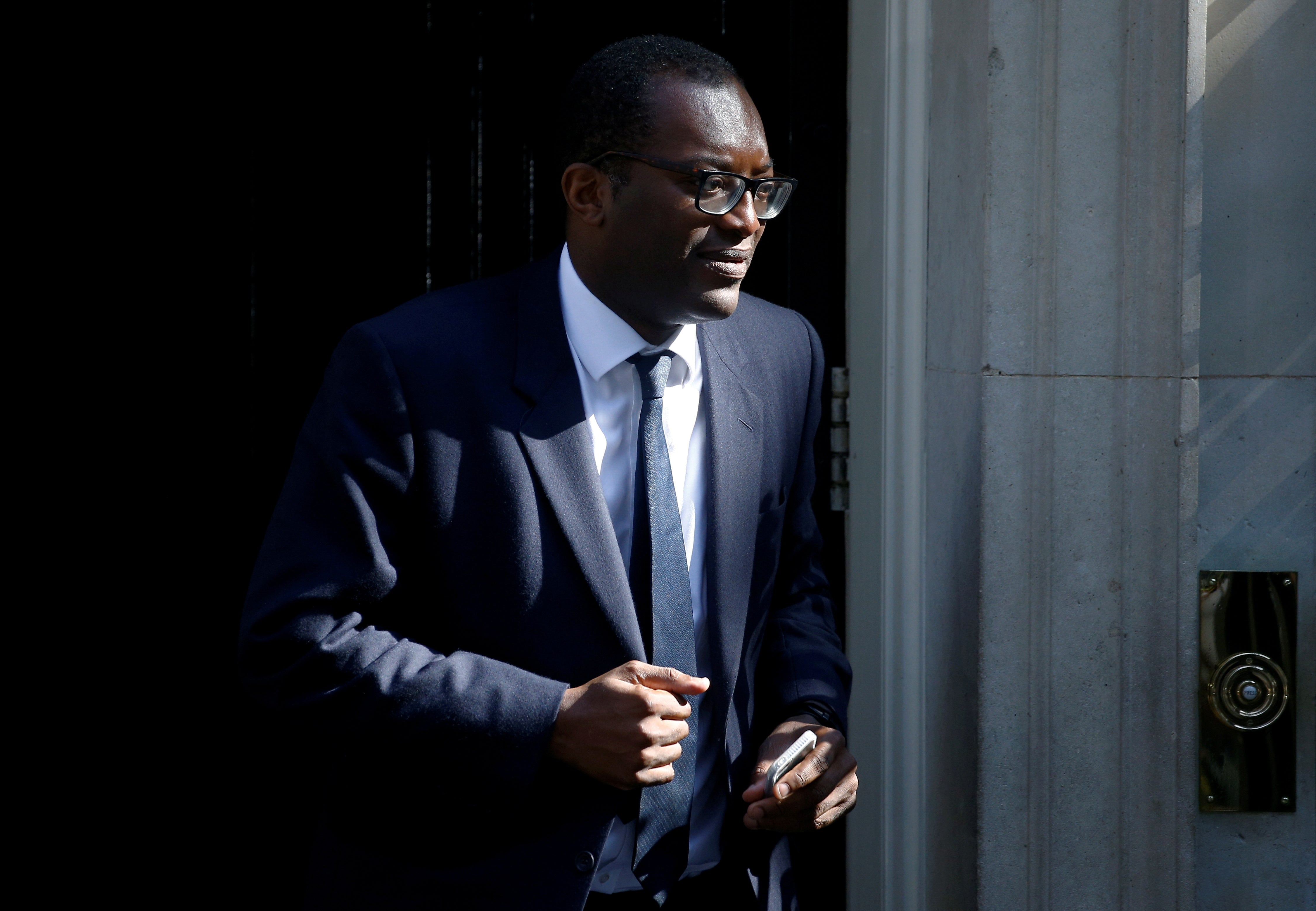Energy price cap should ‘remain in place’, Ofgem and business secretary insist
Mr Kwarteng told MPs the cap saves 15 million households up to £100 a year

Your support helps us to tell the story
From reproductive rights to climate change to Big Tech, The Independent is on the ground when the story is developing. Whether it's investigating the financials of Elon Musk's pro-Trump PAC or producing our latest documentary, 'The A Word', which shines a light on the American women fighting for reproductive rights, we know how important it is to parse out the facts from the messaging.
At such a critical moment in US history, we need reporters on the ground. Your donation allows us to keep sending journalists to speak to both sides of the story.
The Independent is trusted by Americans across the entire political spectrum. And unlike many other quality news outlets, we choose not to lock Americans out of our reporting and analysis with paywalls. We believe quality journalism should be available to everyone, paid for by those who can afford it.
Your support makes all the difference.The government and energy companies have agreed that an energy price cap should “remain in place” during crisis talks to find a solution to surging gas costs.
Business Secretary Kwasi Kwarteng held a meeting with the industry before announcing to the Commons that ministers would not be bailing out energy firms and that the energy price cap would be “staying”.
In a joint statement issued late on Monday evening, Mr Kwarteng and Ofgem chief executive Jonathan Brearley confirmed they had taken a unified position over the price ceiling continuing.
“Central to any next steps is our clear and agreed position that the energy price cap will remain in place,” they said.
Mr Kwarteng had earlier told MPs the cap saves 15 million households up to £100 a year, adding: “It’s not going anywhere.”
The energy price cap, following a review in August, is already set to rise. From October 1, those on default tariffs paying by direct debit face an increase of £139, rising from £1,138 to £1,277.
Prepayment customers will see a higher increase of £153, taking their annual bill from £1,156 to £1,309, according to Ofgem data.
Research from the Resolution Foundation has warned that this price hike combined with the planned £20 cut to Universal Credit payments will cause a “cost of living crunch” for lower income families.
The uplift in Universal Credit payments is scheduled to end on 6 October. Downing Street has previously said the cut will go ahead.
The crisis has been sparked by surging wholesale gas prices which have increased by 250 per cent since January.
The rise in prices has been blamed on multiple factors, including a cold winter which left stocks depleted, high demand for liquefied natural gas from Asia and a reduction in supplies from Russia.
Addressing MPs, Cabinet minister Mr Kwarteng said there needed to be an acceptance that gas prices “could be high for longer than people anticipate”.
But he called fears of a three-day working week “alarmist”, adding: “There is absolutely no question of the lights going out or people being unable to heat their homes.”
Energy suppliers are understood to be privately talking to the Government about backing loans or a “bad bank”’ style solution to a potential collapse in dozens of energy companies.
The hike has caused fresh problems for supermarkets already dealing with a lorry driver shortage as warnings emerged about the potential for shortages on the shelves as the knock-on effect of the gas price rise ripples through the economy.
Producers have warned that supplies of meat, poultry and fizzy drinks could all be hit due to a shortage of carbon dioxide.
It follows the shutting down of two large fertiliser plants in Teesside and Cheshire - which produce CO2 as a by-product - with the owners citing the increase in gas prices.
Additional reporting by PA
Join our commenting forum
Join thought-provoking conversations, follow other Independent readers and see their replies
Comments